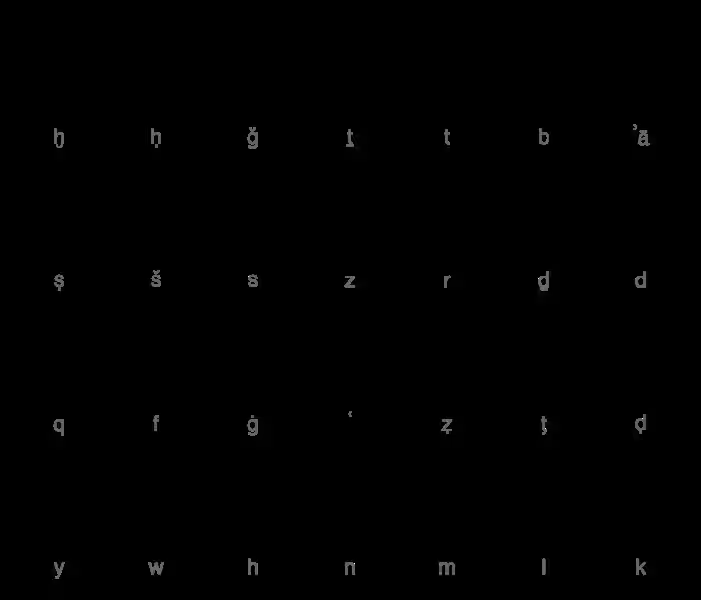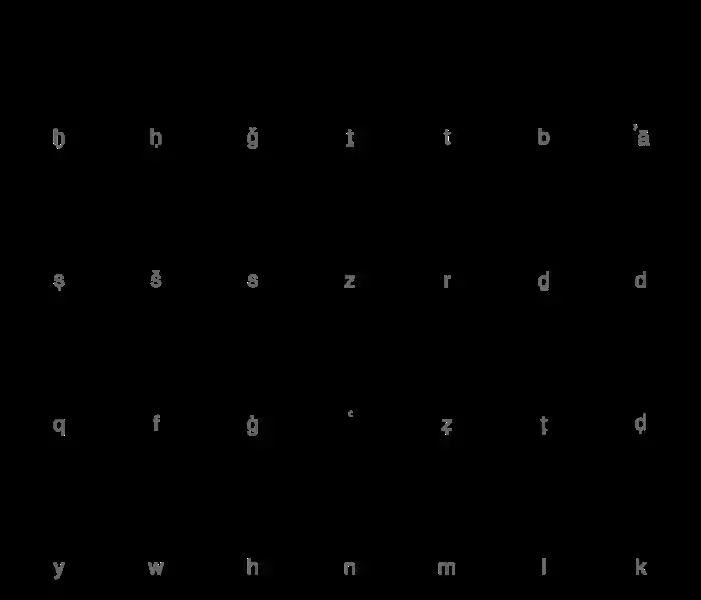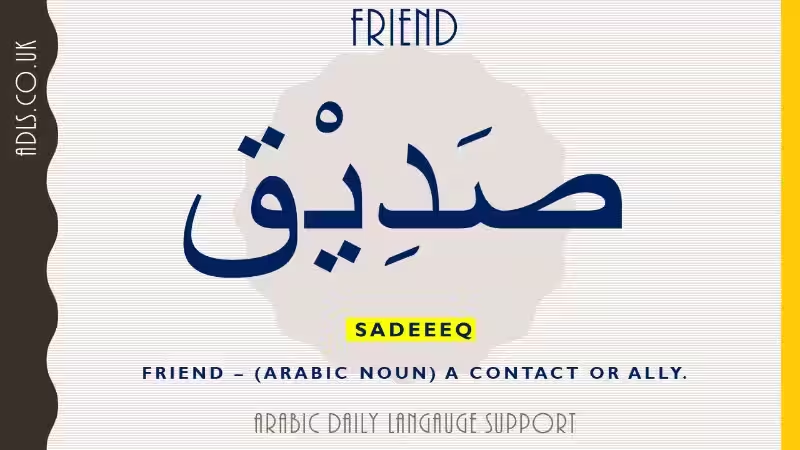
In the tapestry of human interaction, asking “What are you doing?” is a common thread, weaving together conversations and forging connections. In Arabic, this simple yet powerful phrase holds diverse nuances, reflecting the richness and depth of the language. Let’s embark on a journey to explore the various ways you can say “What are you doing” in Arabic, understanding the subtle differences that color each expression.
The Foundation: “ماذا تفعل؟” (mādhā tafʻal?)
The cornerstone of our exploration is “ماذا تفعل؟” (mādhā tafʻal?). This straightforward phrase translates directly to “What are you doing?” and serves as a versatile question applicable in numerous situations. It’s your go-to phrase for casual interactions, friendly inquiries, and even initial encounters. Imagine meeting a new friend at a coffee shop; “ماذا تفعل؟” (mādhā tafʻal?) would be a perfect way to break the ice and initiate a conversation.
Tailoring the Question to the Context
Arabic, like a skilled craftsman, allows us to refine our questions to match the specific context. We can add nuance to “ماذا تفعل؟” (mādhā tafʻal?) by incorporating words that specify the timeframe or activity in question.
Focusing on the Present Moment: “ماذا تفعل الآن؟” (mādhā tafʻal al-ʾān?)
When you want to know what someone is doing right at this very moment, “ماذا تفعل الآن؟” (mādhā tafʻal al-ʾān?) is your phrase. It literally translates to “What are you doing now?” and emphasizes the immediate present. Picture yourself texting a friend while they are out with their family; “ماذا تفعل الآن؟” (mādhā tafʻal al-ʾān?) would be an ideal way to check in and learn about their activities.
Zeroing in on the Day: “ماذا تفعل اليوم؟” (mādhā tafʻal al-yawm?)
To inquire about someone’s activities for the day, “ماذا تفعل اليوم؟” (mādhā tafʻal al-yawm?) comes into play. This phrase, directly translating to “What are you doing today?” focuses on the current day and its events. Imagine greeting a colleague on a Monday morning; “ماذا تفعل اليوم؟” (mādhā tafʻal al-yawm?) would be a polite way to initiate conversation and show interest in their day.
Delving into Weekend Plans: “ماذا تفعل في عطلة نهاية الأسبوع؟” (mādhā tafʻal fī ʿuṭlat nihāyat al-ʾusbūʿ?)
For weekend adventures and plans, “ماذا تفعل في عطلة نهاية الأسبوع؟” (mādhā tafʻal fī ʿuṭlat nihāyat al-ʾusbūʿ?) is the perfect question. It translates to “What are you doing on the weekend?” and invites conversation about leisure activities and relaxation. Imagine a casual Friday afternoon conversation with a friend; “ماذا تفعل في عطلة نهاية الأسبوع؟” (mādhā tafʻal fī ʿuṭlat nihāyat al-ʾusbūʿ?) would be a natural way to spark a conversation about weekend plans.
Expanding the Vocabulary: Adding Specificity
Arabic offers a wealth of verbs that allow you to tailor your question to specific activities or professions. By using different verbs, you can refine your inquiry and gain a deeper understanding of what someone is doing.
Formal Settings: “ماذا تعمل؟” (mādhā taʿmal?)
When formality is required, “ماذا تعمل؟” (mādhā taʿmal?) becomes the appropriate choice. It translates to “What are you doing?” but carries a more formal tone, often used in professional environments or when addressing someone you don’t know well. Imagine attending a business meeting; “ماذا تعمل؟” (mādhā taʿmal?) would be a respectful way to inquire about someone’s profession.
Academic Pursuits: “ماذا تدرس؟” (mādhā tudris?)
For those engaged in academic endeavors, “ماذا تدرس؟” (mādhā tudris?) is the perfect question. It translates to “What are you studying?” and is used to inquire about someone’s field of study or current academic pursuits. Picture yourself at a university gathering; “ماذا تدرس؟” (mādhā tudris?) would be a relevant way to learn about a fellow student’s academic interests.
Culinary Curiosity: “ماذا تأكل؟” (mādhā taʾkul?)
When food is the topic, “ماذا تأكل؟” (mādhā taʾkul?) comes in handy. It translates to “What are you eating?” and is used to ask about someone’s current meal or dietary choices. Imagine sharing a meal with a friend; “ماذا تأكل؟” (mādhā taʾkul?) would be a casual and friendly way to inquire about their culinary preferences.
The Importance of Contextual Awareness
Arabic, like any language, is a nuanced and dynamic system. The choice of phrase and the level of formality are crucial aspects of effective communication. Understanding the context of your conversation and your relationship with the person you’re speaking to will guide you in selecting the most appropriate expression. Consider the setting, the nature of your interaction, and the level of familiarity you have with the person. This awareness will ensure your communication is polite, respectful, and clear.
Beyond the Phrase: Embracing Arabic’s Depth
This exploration of “What are you doing” in Arabic offers a glimpse into the language’s versatility and depth. As you continue your journey of learning Arabic, remember that each phrase carries a unique weight and meaning. Embrace the richness of the language by exploring Arabic grammar and vocabulary. With each new verb, each new word, your understanding of the language will deepen, allowing you to communicate more effectively and engage in enriching conversations.
So, the next time you find yourself wanting to know “What are you doing?” in Arabic, remember the diverse options available to you. Choose wisely, and let the beauty and nuances of Arabic enrich your communication and deepen your connection with the Arabic world.
Frequently Asked Questions About Saying “What Are You Doing” in Arabic
How do you say “What are you doing” in Arabic in a general context?
The most common phrase is “ماذا تفعل؟” (mādhā tafʻal?).
How do you ask “What are you doing” in a more formal setting?
You can use “ماذا تعمل؟” (mādhā taʿmal?).
How do you ask “What are you doing now?” in Arabic?
You can say “ماذا تفعل الآن؟” (mādhā tafʻal al-ʾān?).
How do you ask “What are you doing today?” in Arabic?
You can say “ماذا تفعل اليوم؟” (mādhā tafʻal al-yawm?).
How do you ask “What are you doing on the weekend?” in Arabic?
You can say “ماذا تفعل في عطلة نهاية الأسبوع؟” (mādhā tafʻal fī ʿuṭlat nihāyat al-ʾusbūʿ?).
How do you ask “What are you studying?” in Arabic?
You can say “ماذا تدرس؟” (mādhā tudris?).
How do you ask “What are you eating?” in Arabic?
You can say “ماذا تأكل؟” (mādhā taʾkul?).
- The most common way to say “What are you doing?” in Arabic is “ماذا تفعل؟” (mādhā tafʻal?).
- To emphasize the present moment, use: “ماذا تفعل الآن؟” (mādhā tafʻal al-ʾān?)
- To ask about someone’s current day, use: “ماذا تفعل اليوم؟” (mādhā tafʻal al-yawm?)
- To ask about someone’s weekend activities, use: “ماذا تفعل في عطلة نهاية الأسبوع؟” (mādhā tafʻal fī ʿuṭlat nihāyat al-ʾusbūʿ?)
- “ماذا تعمل؟” (mādhā taʿmal?) is a more formal way to ask “What are you doing?” and is used in professional settings.
- “ماذا تدرس؟” (mādhā tudris?) is used to inquire about someone’s studies.
- “ماذا تأكل؟” (mādhā taʾkul?) is used to inquire about someone’s food.
- Understanding the context and your relationship with the person you’re speaking to is crucial for using the appropriate level of formality.
- Further exploration of Arabic grammar and vocabulary will enhance your understanding and fluency.








